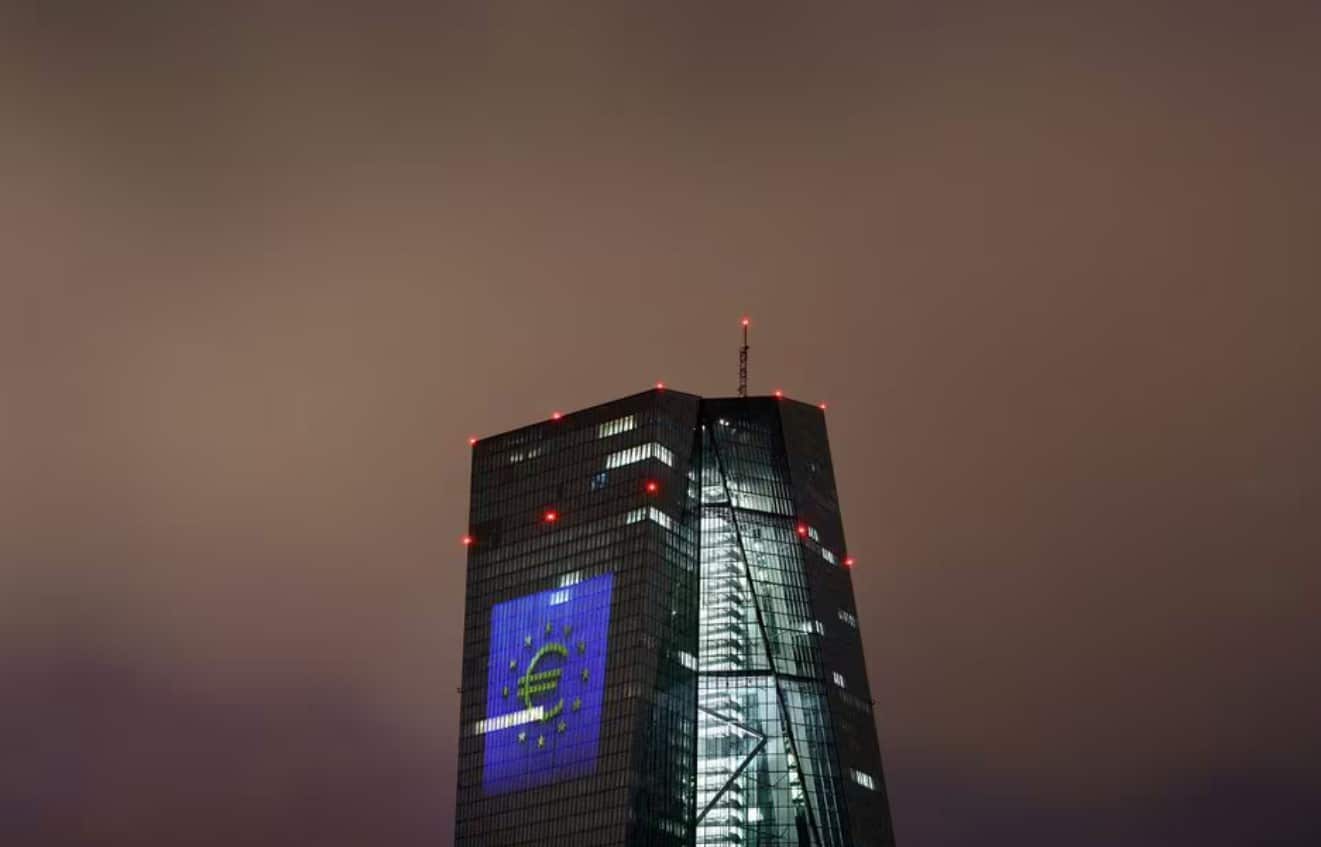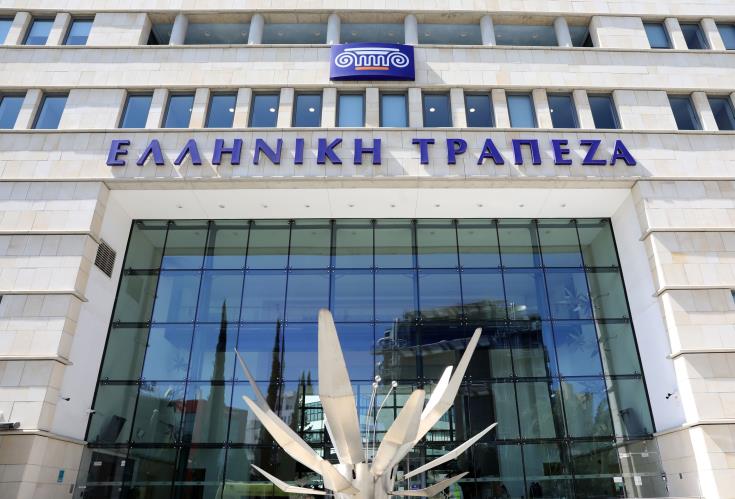**ECB Signals Potential for Future Rate Cuts Amid Lower Inflation Forecasts**
In a recent announcement that caught the attention of financial markets, the European Central Bank (ECB) maintained its borrowing costs at record highs but hinted at a possible shift towards easing rates. This move comes as the ECB observes inflation declining more rapidly than previously expected.
The central bank, which oversees monetary policy for the 20 nations using the euro, has been cautious in its approach after initially underestimating a sharp rise in prices two years ago. Despite keeping its main interest rate steady at 4.0 percent, the ECB subtly adjusted its communication to acknowledge the consistent decrease in inflation over the last year and a half, coupled with revised economic forecasts that are less robust.
Inflation has been on a downward trajectory for nearly 18 months, with a February rate of 2.6 percent, partly due to a significant drop in fuel costs following Russia’s invasion of Ukraine. However, the ECB’s aggressive rate hikes have also played a role in curbing lending activity.
Although the headline inflation is easing, core inflation, which excludes volatile food and fuel prices, remains at 3.1 percent. Service prices, closely related to wages, have seen an increase of nearly 4 percent. ECB policymakers like Peter Kazimir and Joachim Nagel have emphasized the need for clarity on wage trends before considering rate reductions.
The ECB’s policy tightening has impacted economic growth, which is showing signs of stagnation. The bank has now adjusted its GDP growth projection for the eurozone to 0.6 percent from the 0.8 percent forecasted in December.
Several members of the ECB’s Governing Council, including Pablo Hernandez de Cos from Spain and Greece’s Yannis Stournaras, have begun discussing the prospect of an upcoming rate cut, with June being cited as a potential date for action.
Investors are anticipating three or four cuts to the current 4 percent rate on bank deposits by the end of this year, potentially bringing it down to between 3.25 and 3.0 percent. The ECB’s next meeting on April 11 may provide further insights into the likelihood of these rate adjustments.
As markets await further evidence and data on wage increases that could influence inflation, ECB President Christine Lagarde is expected to reiterate the need for caution at a press conference scheduled for 1345 GMT.
For more detailed coverage and updates on this developing story, follow Cyprus Mail on Google News.






